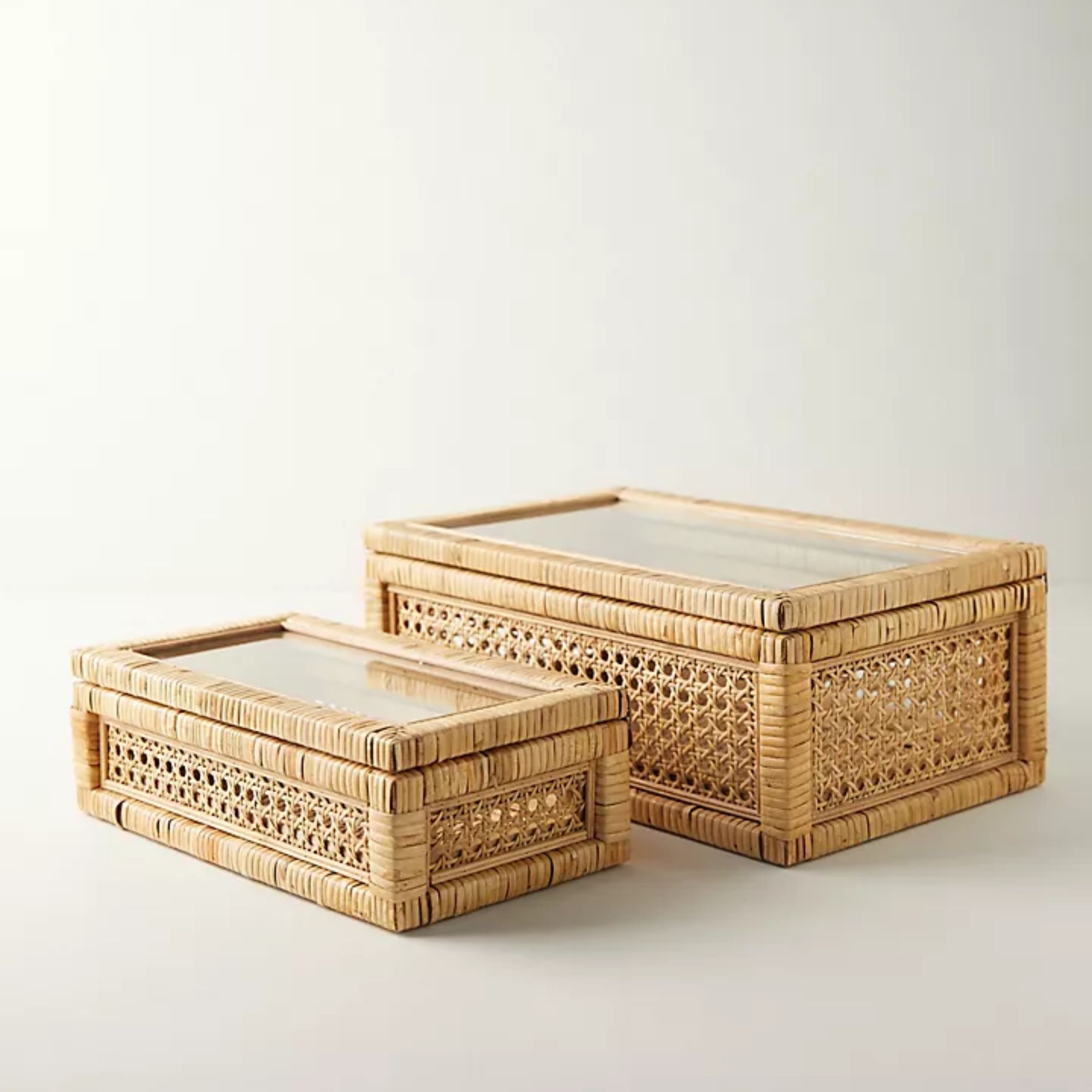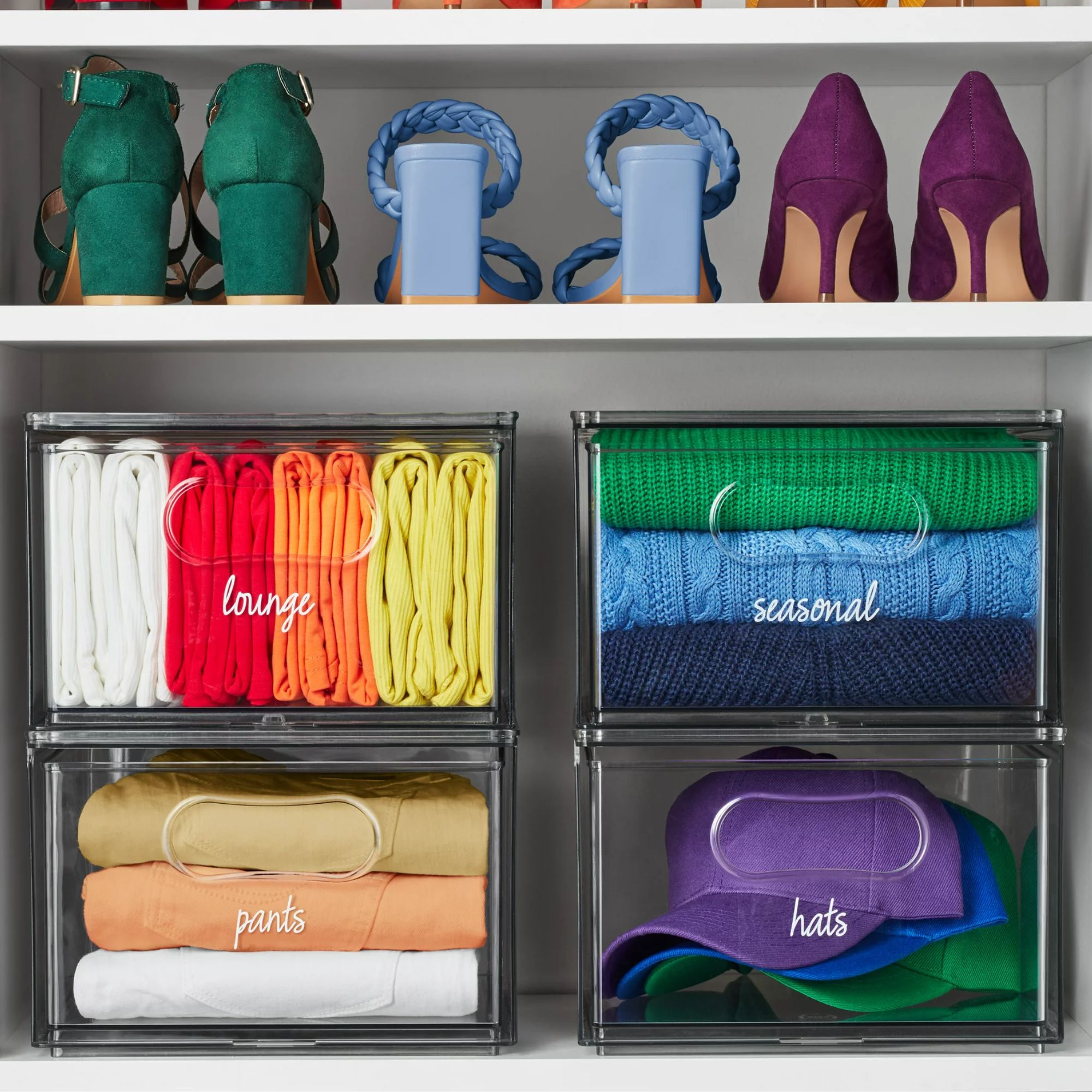Experts share 9 easy habits to keep your home clutter-free
Make decluttering and organizing a more manageable task by adopting some of these simple habits
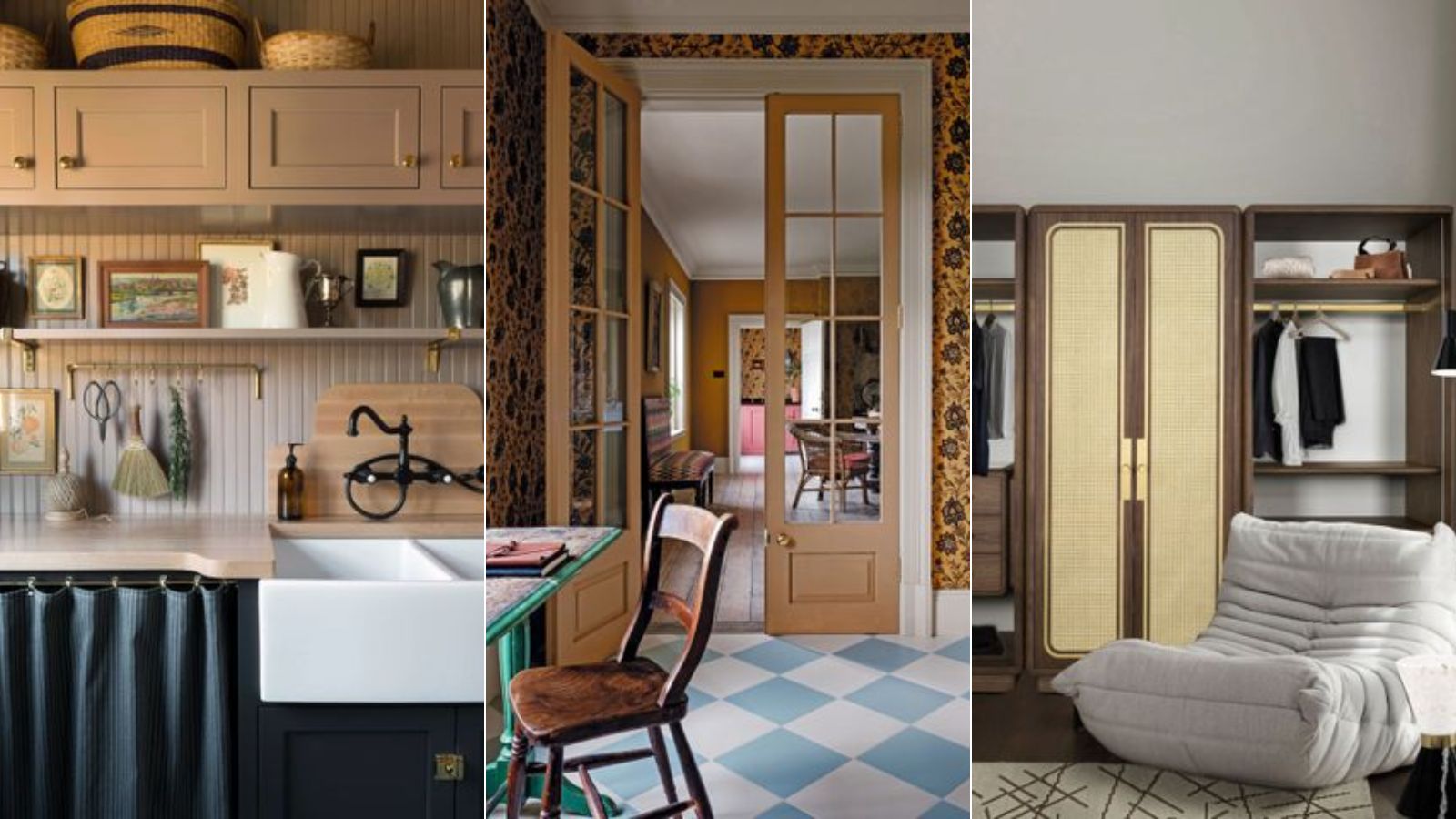

Incorporating simple practices into your routine can significantly contribute to a more organized and clutter-free home environment. Over time, these small, consistent efforts can become automatic and add up to create a peaceful and well-ordered living space.
Consistent, short cleaning and organizing sessions can effectively thwart clutter accumulation and alleviate the burden of a daunting cleanup. By adopting some of these expert-recommended habits, you can maintain a consistently clutter-free home.
These tasks will help you organize and declutter your home, regardless of your time constraints. So why not try incorporating some or all of these ideas into your daily routine? By maintaining these practices, you can break down potentially overwhelming tasks into manageable steps, making household jobs more manageable.
Easy habits to keep your home clutter-free
'Consistency is key,' explains Keely Smith, lead interior designer at JD Elite Interiors. 'While big clearing sessions have their place, preventing clutter day-by-day through small habits like these makes a bigger impact long-term.'
1. Designate a place for everything

'A great habit is to designate specific areas for different activities or items in your mind (e.g. work, hobbies, relaxation) and keep them separate,' says Stefan Bucur, founder of Rhythm of the Home. 'This helps prevent the spread of clutter in between rooms and throughout the house.'
Having a specific place or storage space for different categories of items in your home makes it easier to stay organized. When everything has a designated spot, it's easier to put things away and find them when needed. It's a good idea to clearly label bins, baskets, and shelves to prevent the random accumulation of items in places where they don't belong.
'Put items in the room where they will be used,' suggests Eileen Roth, organizing expert at Everything in its Place. 'There are some exceptions to this. You may have hall closets that are good for keeping extra office supplies or wrapping paper. But, on the whole, try to keep what you typically use in that room stored inside that room. For example, a bookshelf would be in the family room if you read there, and/or in your bedroom if you read there.'
'You can also designate an approximate 'Drop Zone' by having a specific place for items like keys, mail and other things that you frequently use,' adds Stefan Bucur. 'This prevents them from being scattered around the house.' However, don't make a habit of using these for everything – only a few choice items that need to be readily accessible.

Stefan is the founder and owner of Rhythm of the Home, a family-owned website surrounding home decor, interior design, gardening, landscaping, cleaning, organizing, and overall home improvement.
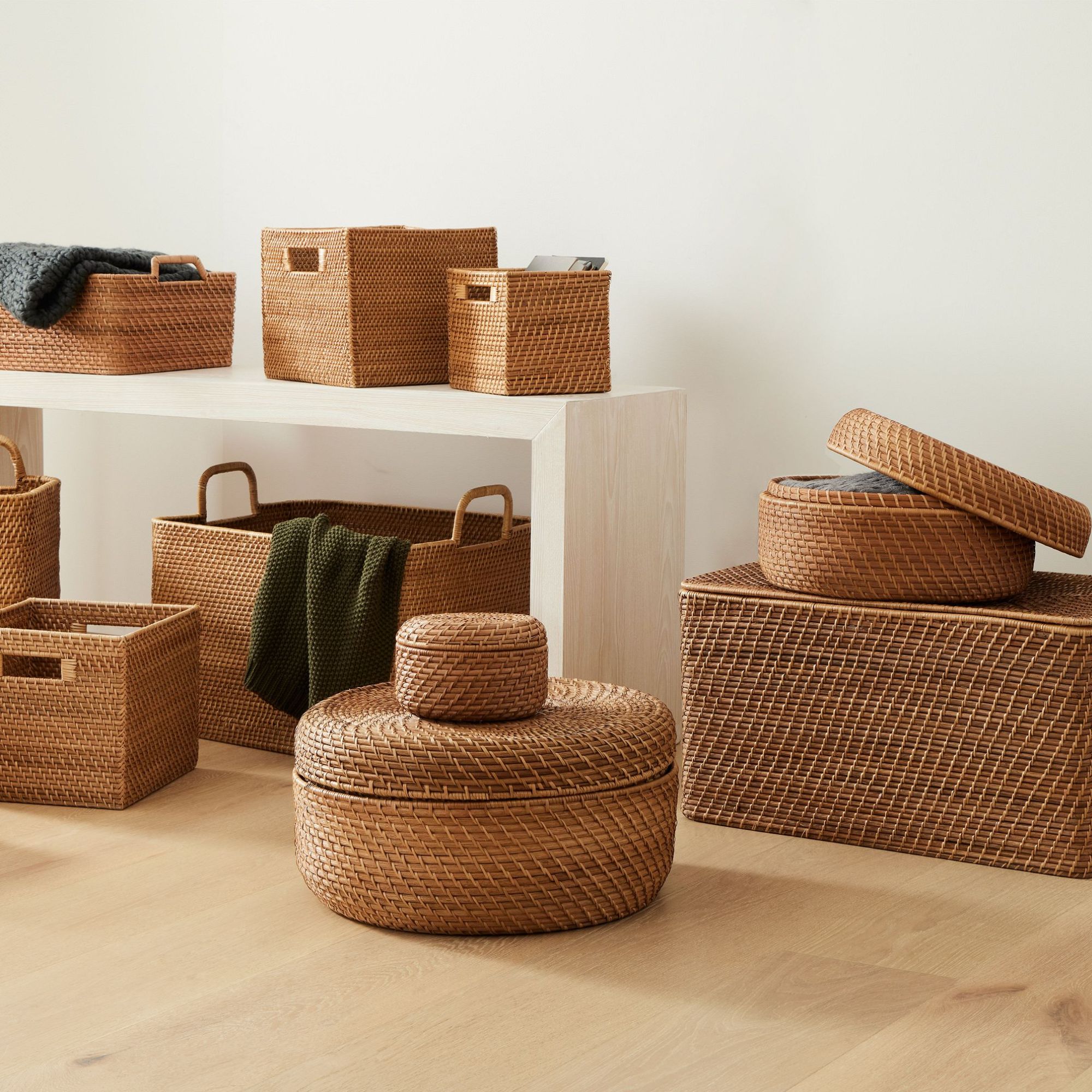
Was $40 - $170, now $32 - $136 at West Elm
Utilize storage baskets in different spaces to conveniently store items in their designated zones.
2. One-in-one-out rule
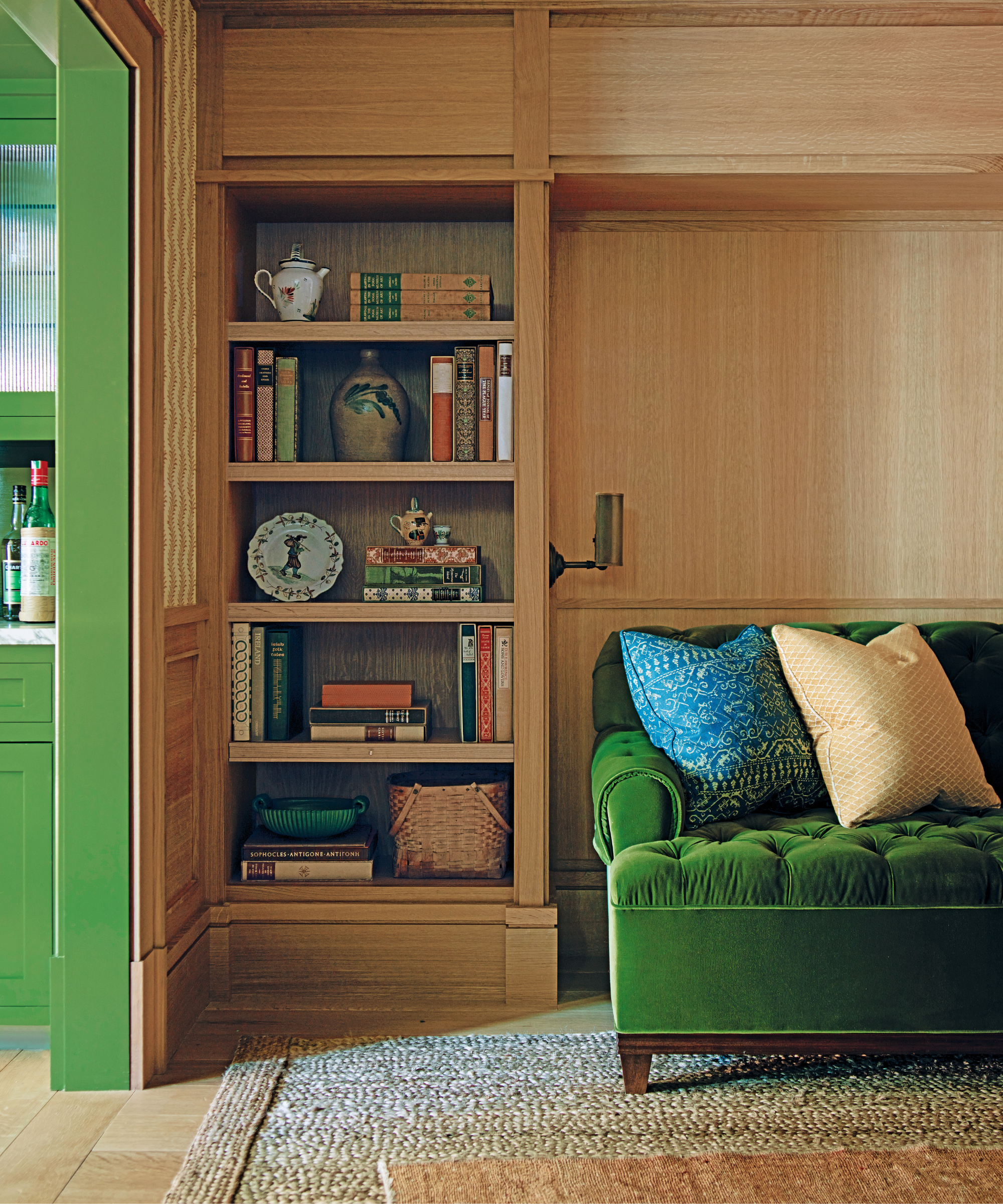
'One of the best habits to keep your home clutter free is to practice the "One in, one out rule",' says Stefan Bucur. 'Whenever you bring a new item into your home, make it a rule to let go of another item. This practice helps in maintaining a balance and avoiding accumulation of unnecessary items.'
3. Put things away not down
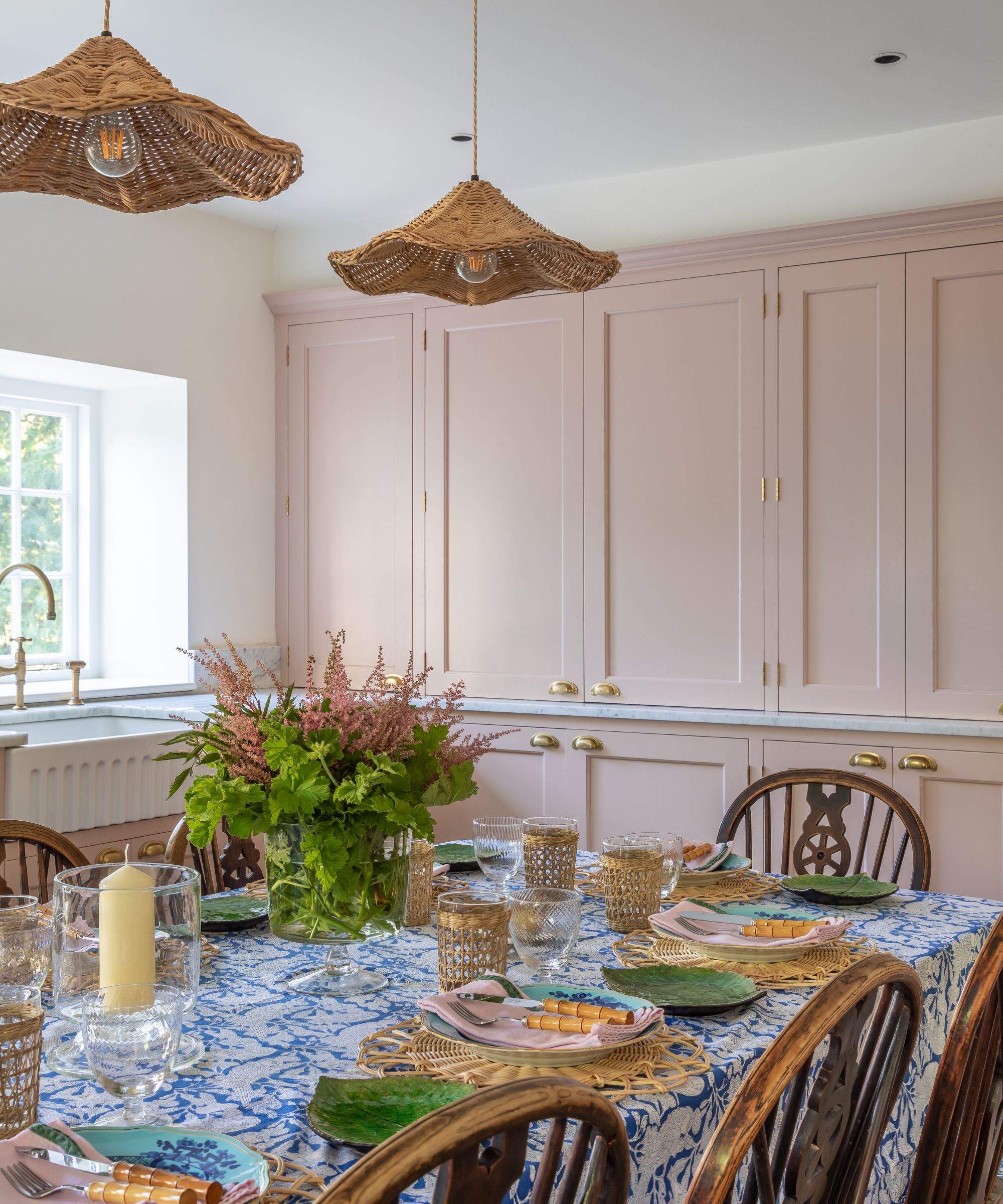
'Getting items back into their 'homes' when you are finished with them goes a long way in having less clutter to tidy up,' says Brenda Scott, professional organizer and owner of Tidy My Space.
'Don't delay putting things away, and you will have no more piles – ever! If you wore a jacket, hang it back up in the closet. Don't throw it on the couch when you walk in the door,' advises Eileen Roth. 'If you have children, teach them to put their backpacks in the same place all the time, whether it's their bedroom or a door entry. Then you will always find it.'

Brenda Scott is passionate about home organizing, decluttering, and creating a safe home. At Tidy My Space, she helps people to keep their homes tidy when life gets busy. Brenda shares useful tips and gives practical help with sorting and editing her clients' spaces, leading them to feel less stressed and bringing the luxury of time to be spent with family, friends, or on themselves.
4. Create a system for incoming mail and paperwork
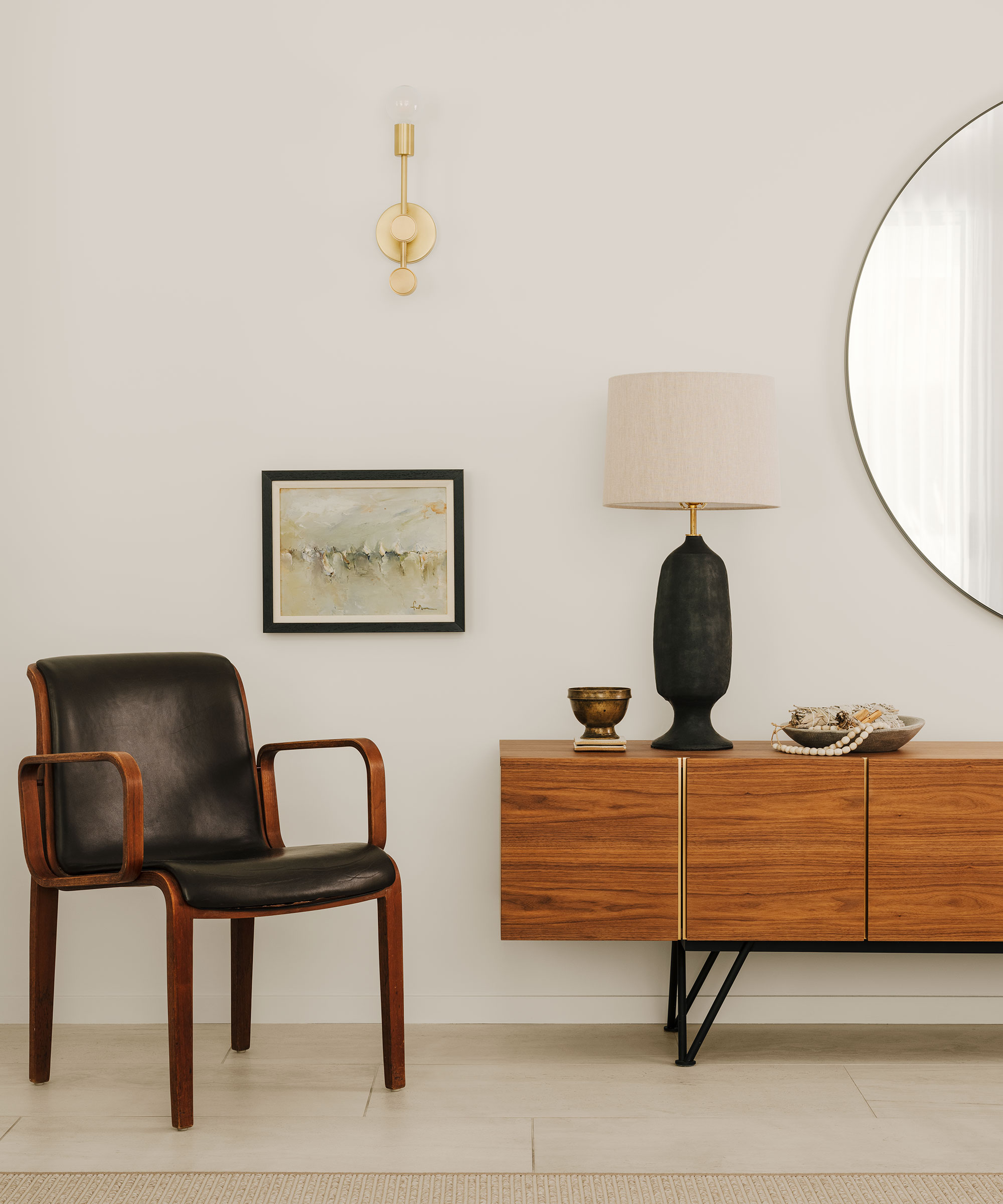
'One thing I see time and again is how mail piles and other small tasks left unfinished each day can quickly overwhelm a space," says Keely Smith. 'All too often, mail gets dumped on the counter but never dealt with, so before long you've got a big messy pile. I recommend designating a spot by the door for incoming mail and bills, and making it part of your daily routine to sort through it promptly. That simple habit avoids clutter before it takes over.'
Sort and file important documents immediately, recycle or shred unwanted mail, and create designated spaces for bills, invitations, and other important papers. We love this letter sorter from Target to keep mail categorized while adding to your tabletop displays.

Keely Smith is a designer and artist living in North Vancouver, BC. She has over 10 years experience working with design studios, private companies and as a freelance designer.
5. The one-minute rule
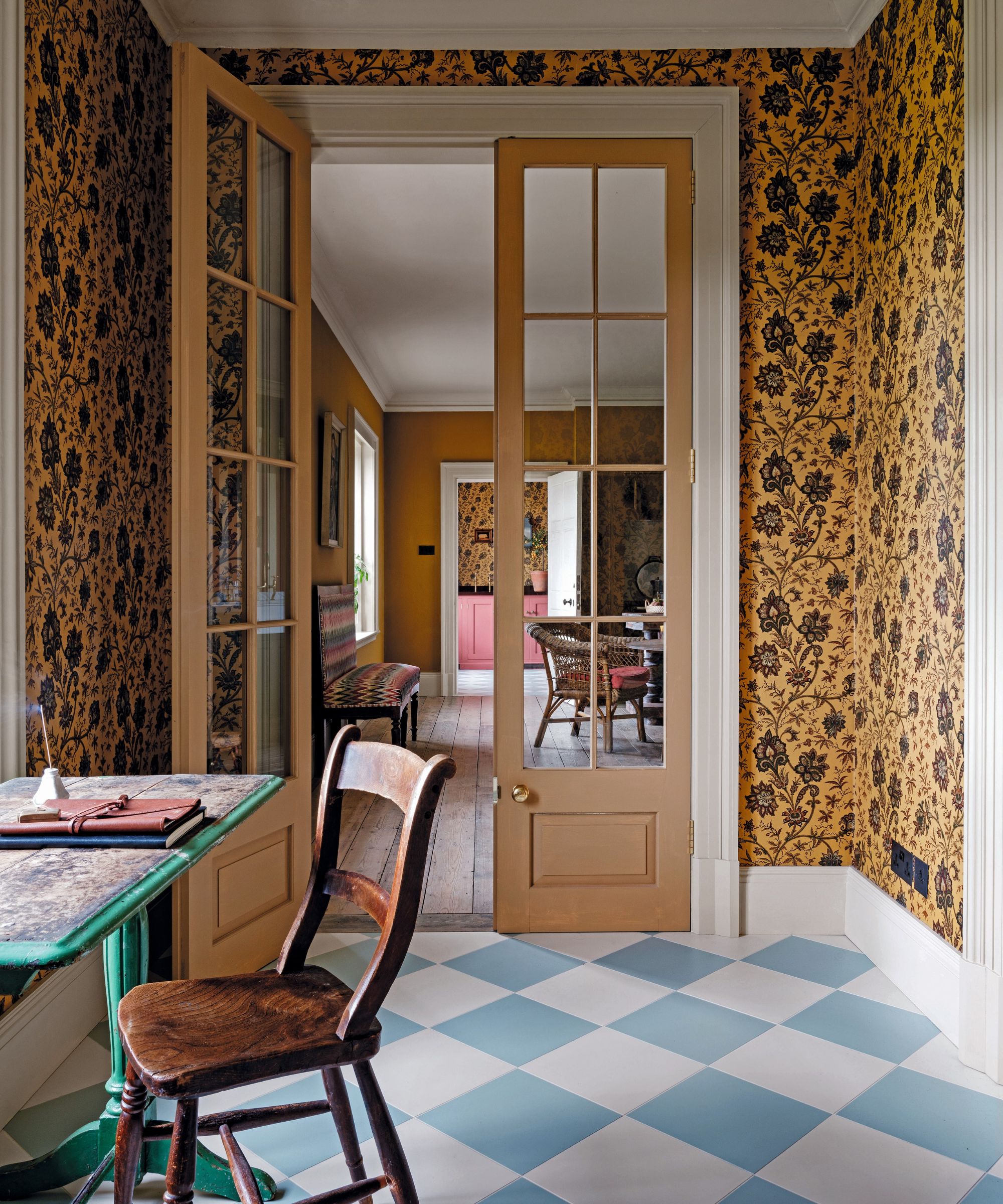
'If a task takes less than a minute, do it immediately,' suggests Karina Toner, operations manager at Spekless Cleaning. 'Put your jacket away and hang up your keys – these small efforts prevent clutter from piling up.'
6. Seasonal assessments
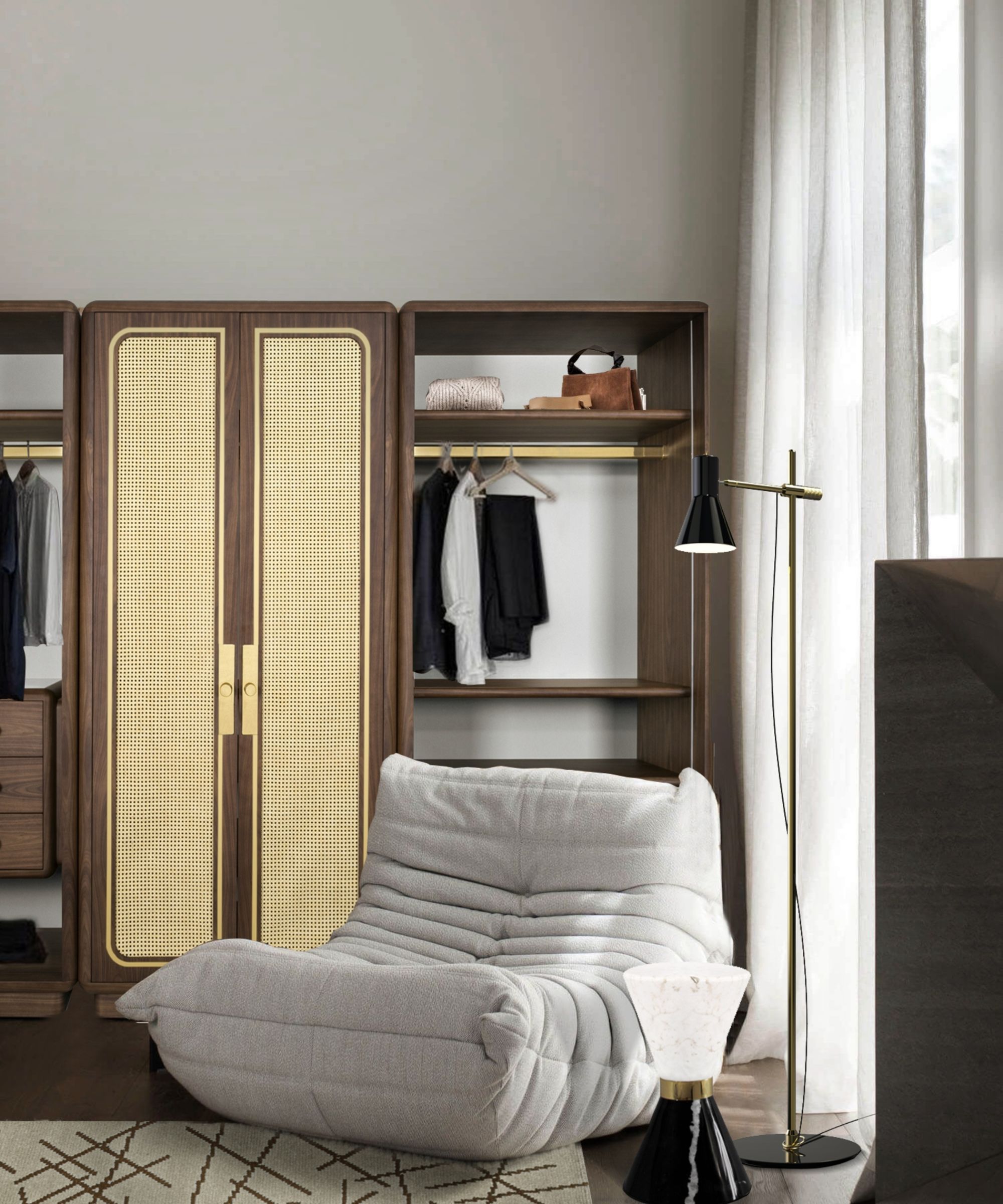
Regularly assess your belongings, especially with the changing seasons.
Put items that aren't necessary for the season (such as big coats, scarves, and gloves in summer) in storage to make more space for currently in-use items. These can be vacuum sealed to keep them clean and fresh for when they are next needed while ensuring they take up as little space in storage as possible. You can find these vacuum storage bags at Amazon.
Donate items that have not been used for a few seasons and are unlikely to be used again. This practice helps you stay attuned to your needs and prevents unnecessary hoarding.
7. Decluttering 'closing shift'
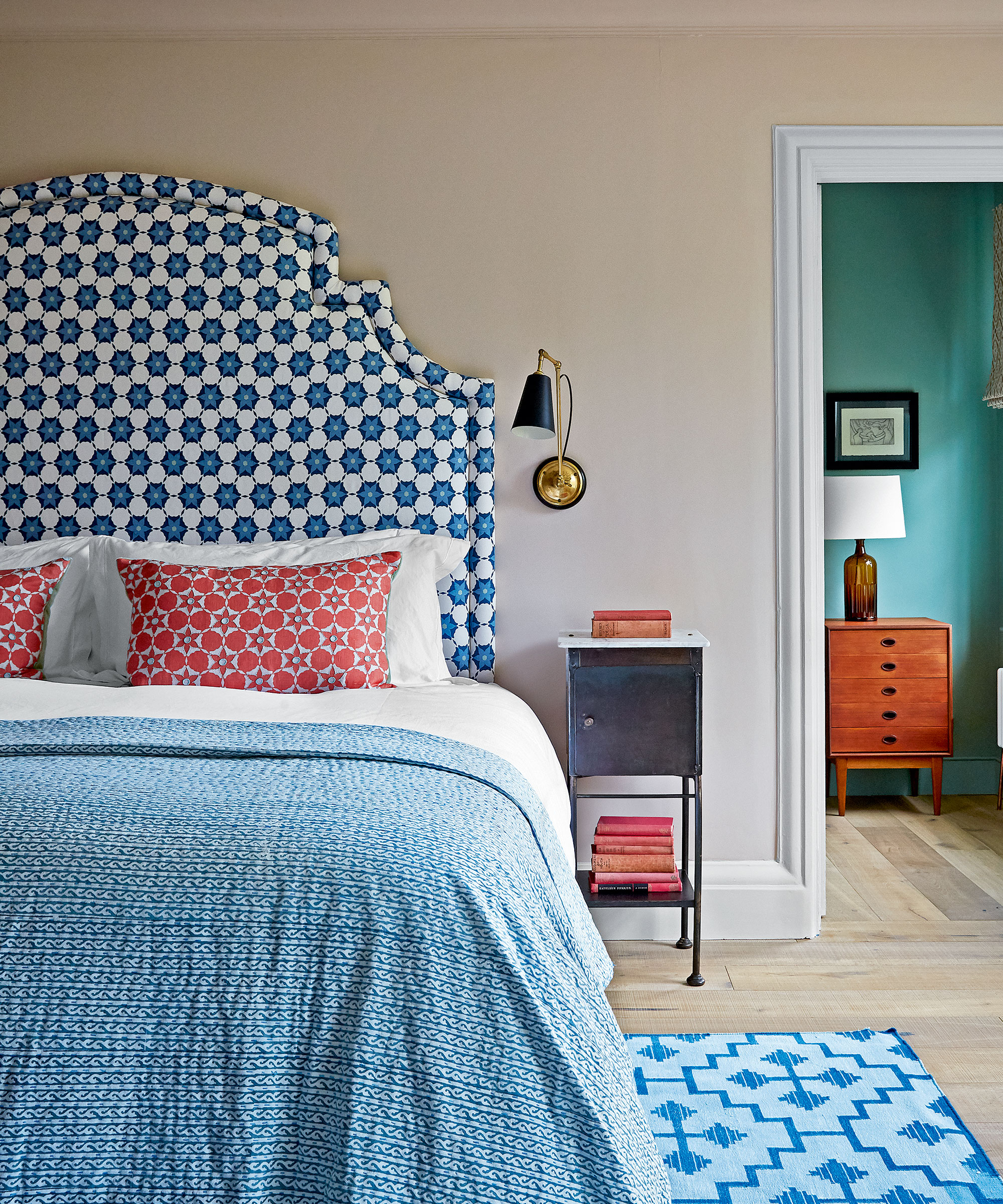
'Making decluttering a daily habit rather than a scheduled activity can remarkably help maintain a clutter-free home,' says Ira Njoroge, a professional organizer from My Space Affair. 'This could involve simple actions such as tidying up before bedtime or promptly putting things back where they belong after use.'
You can choose to do this either before bedtime or immediately after returning from work. Either way, a 'closing shift' is a great way to wind down while tidying and decluttering to reset your home every day. Utilize this time to ensure items are returned to their designated spots, declutter countertops, or perform a quick sweep, checking around for items out of place before leaving a room.
'You can also have a 'maybe' box for items you're unsure about keeping,' recommends Stefan Bucur. 'If you don't use or miss these items after a certain period, like six months, it's probably safe to let them go altogether.'
8. Do a quick weekly scan
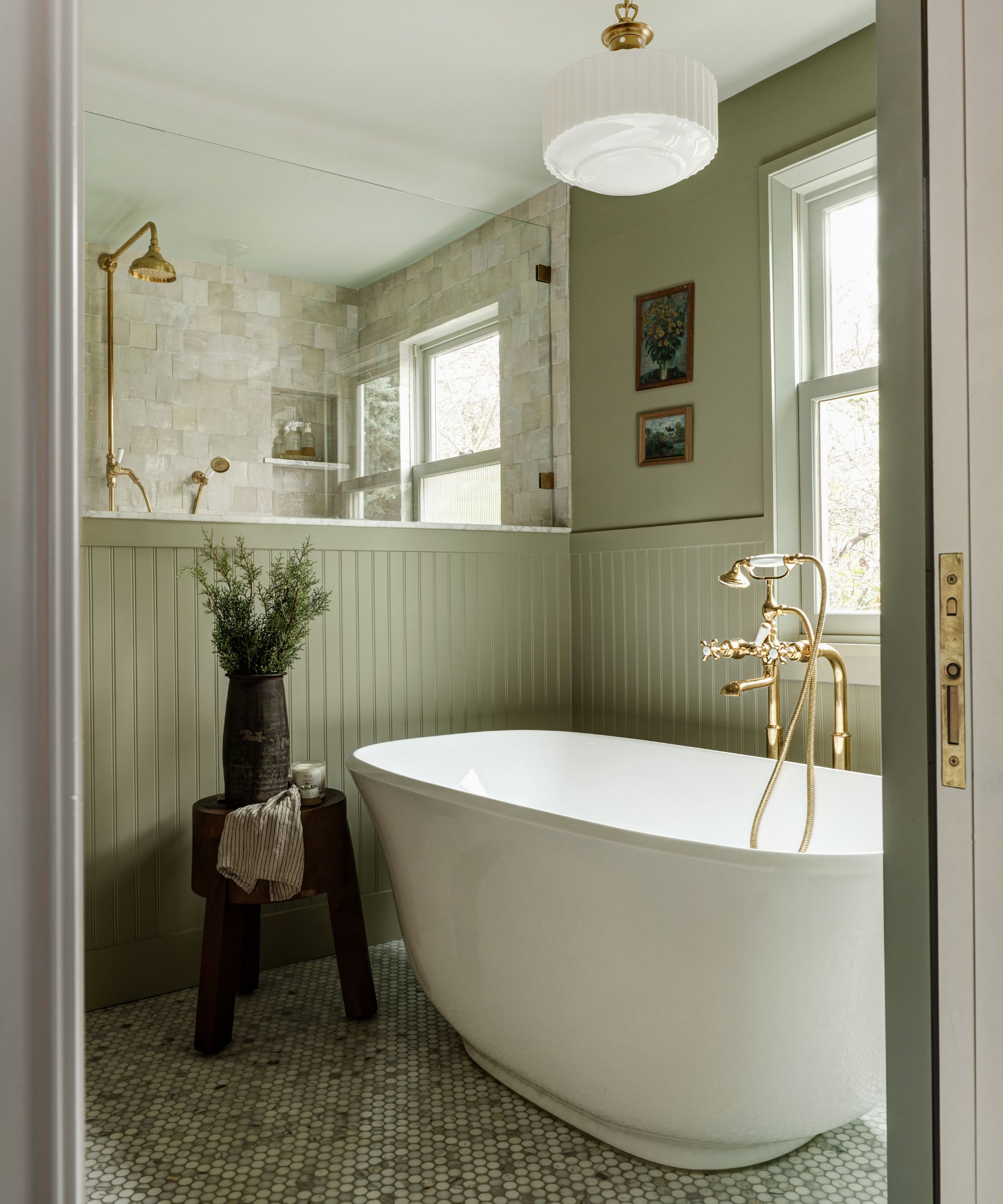
Although a nightly decluttering session should ensure your space remains consistently tidy, a weekly overview and organizing session can give you a larger, more focused period of time to guarantee you haven't missed anything.
'Dedicate a few minutes each week to scan for items that have wandered from their spots,' says Karina Toner. 'Take a quick tour and return everything to its rightful place. Round them up and restore order.
9. Practice mindful shopping
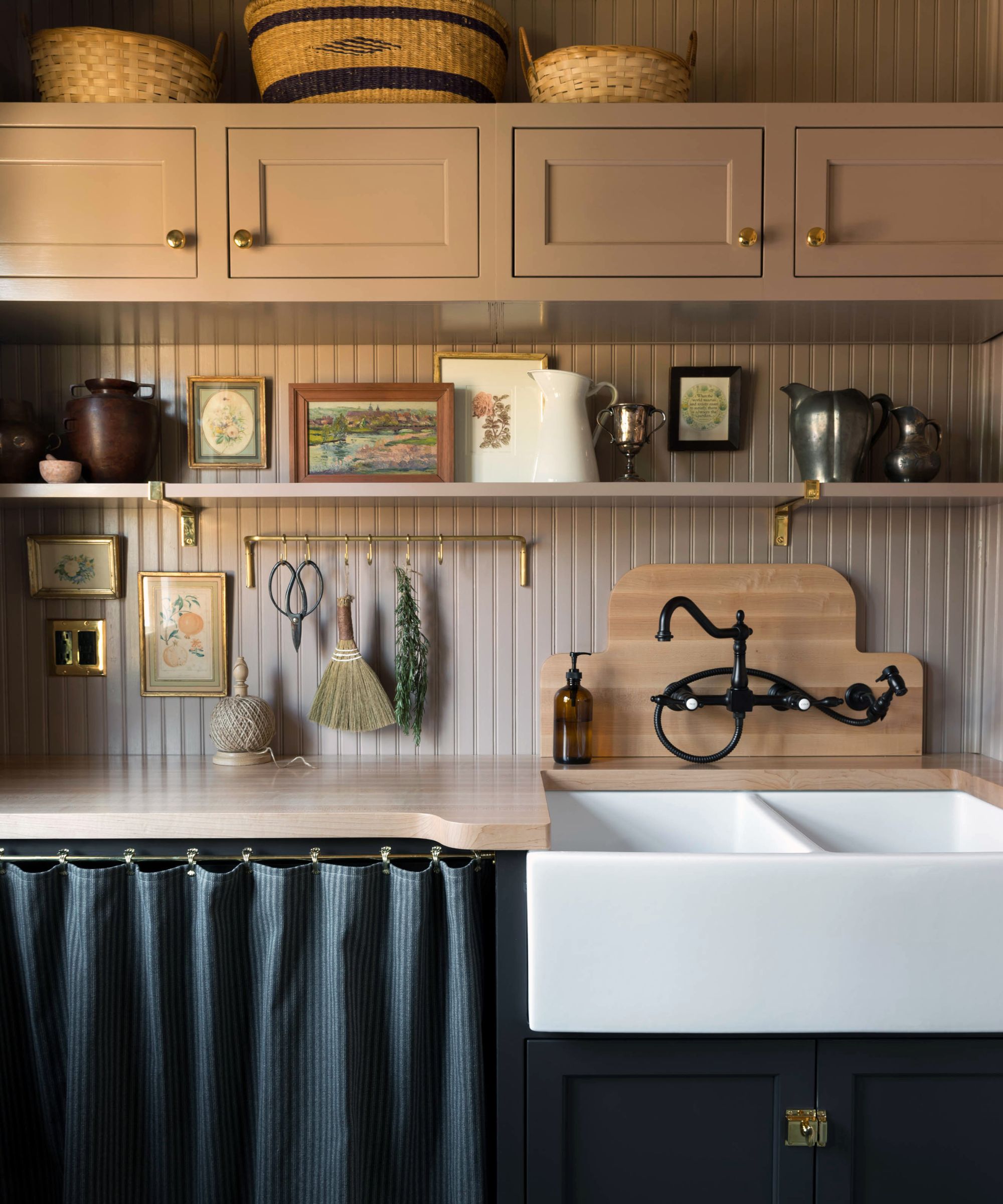
As it is important to keep clearing clutter for a clutter-free home, it is also equally important to stop the inflow of new items coming into your home. To do this, practice intentional shopping to ensure you don't bring limited use items into your home.
Before purchasing new items, consider if they genuinely add value to your home, and avoid impulse buys that might contribute to unnecessary clutter.
FAQs
How should you determine where to place items to keep them organized?
'Put items closest to where they will be used,' recommends Eileen Roth, organizing expert at Everything in its Place. 'For example, if you use scissors and tape for wrapping gifts, try to put those near the wrapping paper or the place where you will do the wrapping.'
'Additionally, the implementation of a smart storage system is crucial,' says Ira Njoroge, professional organizer from My Space Affair. 'From my experience, organizing items based on their frequency of use, size, and category not only optimizes space but also makes it easier to locate items, thereby reducing clutter.'
'Set a monthly or quarterly reminder to declutter and donate items you no longer need,' recommends Karina Toner. 'It's a continuous process that prevents accumulation.'
Finally, creating a dedicated utility zone can be a great way to keep up with your cleaning and organizing. You can convert a disused coat closet into a space where items that don't have a designated room can be neatly organized in labeled containers.
Sign up to the Homes & Gardens newsletter
Design expertise in your inbox – from inspiring decorating ideas and beautiful celebrity homes to practical gardening advice and shopping round-ups.

Lola Houlton is a news writer for Homes & Gardens. She has been writing content for Future PLC for the past six years, in particular Homes & Gardens, Real Homes and GardeningEtc. She writes on a broad range of subjects, including practical household advice, recipe articles, and product reviews, working closely with experts in their fields to cover everything from heating to home organization through to house plants. Lola is a graduate, who completed her degree in Psychology at the University of Sussex. She has also spent some time working at the BBC.
-
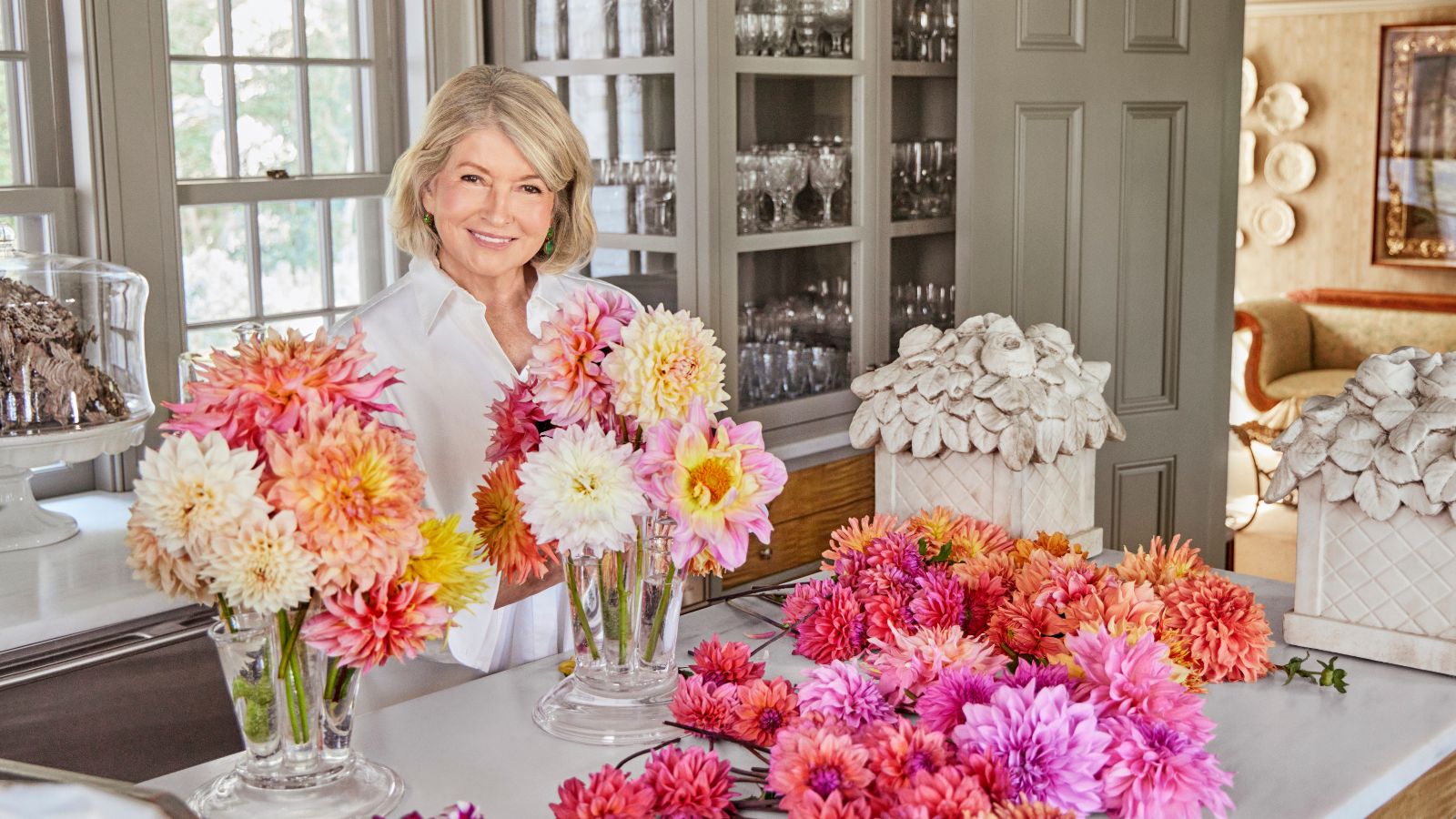 Martha Stewart's houses – inside her most iconic properties, from Cantitoe Corners to Turkey Hill
Martha Stewart's houses – inside her most iconic properties, from Cantitoe Corners to Turkey HillThe lifestyle guru built her legacy around her homes, some of which are the most recognized homes in modern American history – we explore her portfolio
By Megan Slack Published
-
 These 5 plants can help you get the best, and potentially tastiest, broccoli ever – discover what to plant with broccoli, and what to avoid
These 5 plants can help you get the best, and potentially tastiest, broccoli ever – discover what to plant with broccoli, and what to avoidOur selection of vegetables, herbs, and flowers is perfect for companion planting with broccoli
By Drew Swainston Published
